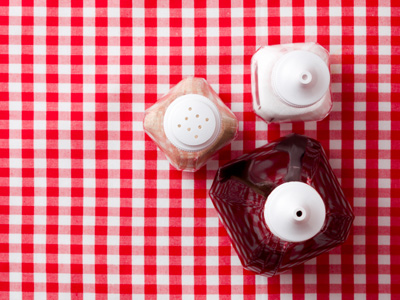

China: Under Mao - 1930-1965 - Why And How China Became A Communist State By 1949
This World History quiz is called 'China: Under Mao - 1930-1965 - Why And How China Became A Communist State By 1949' and it has been written by teachers to help you if you are studying the subject at high school. Playing educational quizzes is a user-friendly way to learn if you are in the 9th or 10th grade - aged 14 to 16.
It costs only $19.50 per month to play this quiz and over 3,500 others that help you with your school work. You can subscribe on the page at Join Us
In high school History students will be taught about China under Mao. One question they will explore is how and why China became a Communist state.
Ready for more?
not all...
quizzers. Try to win a coveted spot on our Hall of Fame Page.






